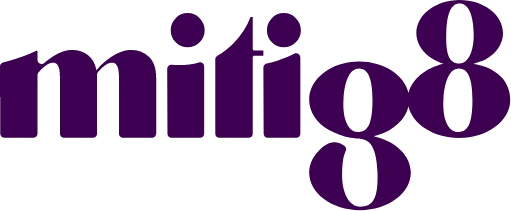Approximately 80 % of nursing home residents are prescribed psychotropic medications, which include antianxiety agents, antidepressants, antipsychotics, anticonvulsants. CMS regulations surrounding psychotropic medications often put facilities at risk. It is essential for administrators to identify areas of concern and take corrective action to support best outcomes for residents and decrease risk.
Evaluate your facility’s policies and procedures to best understand your current state. Are your IDT members documenting in a clear, concise, and timely manner to support the use of psychotropic medications for your residents? Documentation should be individualized for each resident and include the following:
- Care plan contains non-pharmacological interventions that were documented before the initiation of psychotropic medication(s) and the effectiveness of these interventions
- Attending physician/prescriber documentation that contains behavior/clinical reason(s) or medical diagnosis that supports the use of psychotropic medication(s)
- Shows evidence of monitoring and addressing the presence of or potential for adverse consequences
- Reflects gradual dose reduction (GDR) for psychotropic medication(s) and non-pharmacological approaches
- PRN psychotropic medication(s) orders are within the last 14 days
- Rationale and determined duration for a PRN psychotropic medication that IS NOT an antipsychotic that is renewed after 14 days
- Attending physician/prescriber direct evaluation of the resident’s current condition and progress for PRN for psychotropic medication that IS an antipsychotic that is renewed after 14 days
Complete and accurate documentation surrounding psychotropic medication(s) reflects the care that is provided to residents and supports compliance with CMS regulations. Improving psychotropic medication practices will decrease your facility’s risk and help maintain a state of survey readiness.


